That’s the title of an exhibit now up through April 16 at Emory’s Visual Arts Gallery, curated by artist Larry Jens Anderson. (that link is from Baltimore artist/writer/musician Jaclyn Paul, check out her site) The show was originally presented by Space One Eleven in Birmingham and is the second in the series, ‘Found Around the South’.
Anderson gave a talk at the opening last night. He said that growing up in the midwest and moving to Mississippi was a shock, that he titled the exhibit based on Southerners’ proclivity to ‘not talk about’ important and provocative issues – like sex, race and religion.
Several of the artists in the show were there, I spoke with Alabama native Jim Neel for a while about his own work and how he approached it. His two dark and mysterious photographs of Adam and Eve type figures, resulted from a series of 60 ceramic sculptures that he produced during a residency at Kohler. We agreed that the continuing guilt of the South’s ancestral treatment of slaves can be compared to Germany and WWII. This kind of reparation; the creation of art to honor and remember the victims will probably never end.
The gender issue is more problematic and contemporary; there were only six women in the exhibit of 23. That’s less than a third women to men ratio. I mentioned this to Anderson towards the end of the opening, and it was surprising given his own human rights and gay focused work.
Kara Walker was represented by two large black and white offset lithography prints from  her series created at the Leroy Neiman Center for Print Studies. She superimposed her silhouetted silkscreened figures over a backdrop of wood engravings from Geurney and Alden’s Harper’s Pictorial History of the Civil War, first published in Chicago in 1866.
As always, Walker’s work is subversive, unsettling and evokes the tragedy of both slavery and women’s repression.
Thornton Dial was the sole African American folk artist represented. His painting of a prostitute and a snake, featured a heavily impastoed bas relief of the snake. I couldn’t find anything close to it in googling and since I didn’t take photos at the opening, this will have to suffice for now. His exhibit ‘Hard Truths’ will be on display at the Indianapolis Museum of Art through Sept. 18th.
Setting the Table, 2003. Photo courtesy Indianopolis Museum of Art.
The work in the show is exceptionally well produced, the wall pieces divided by black and white panels with a frieze of symbols around the ceiling. There is a large installation in the middle of the room devoted to SCAD MFA student Stephen Hayes’ ‘Cash Crop’, a lifesized group of cast sculptures depicting slaves cradled in sarcophagus type wood ship replicas. The back of each includes an iconic map showing how many human slaves could be crowded into each boat.
Photo courtesy Mason Murer Gallery.
Monica  Ellis, another student at SCAD here in Atlanta, showed  Taco Bell advertisements on food wrappers combined with Christian iconography to produce startlingly funny and conflicted works.
Sonja Rieger, Professor of Photography at the University of Alabama at Birmingham, showed vivid, high contrast photographs of transexual beauty pageant contestants. She had asked her mother’s caretaker how she could repay her devotion to her mom, and the response was to photograph her in the pageants.
All other photos courtesy the artists.
The exhibit is supported by the Andy Warhol Foundation for the Visual Arts, the National Performance Network’s Visual Artists Network (VAN) and Space One Eleven. VAN’s major contributors are the Andy Warhol Foundation for the Visual Arts, the Joan Mitchell Foundation and the Nathan Cummings Foundation.
Mary Catherine Johnson, Assistant Director of the Visual Arts Program, says the exhibit will be used as a catalyst for discussions among faculty and students. “The fact that so many departments and initiatives are sponsoring it is a testimony that people want to have these conversations, and the academy is exactly the place where these conversations should happen—the very structure of Emory’s departments and curricula supports and inspires these conversations.â€

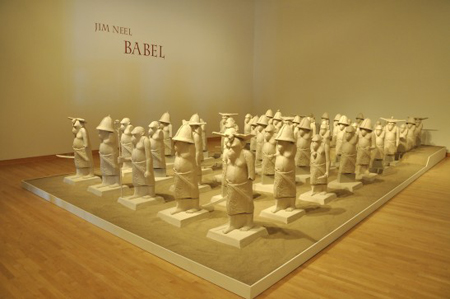
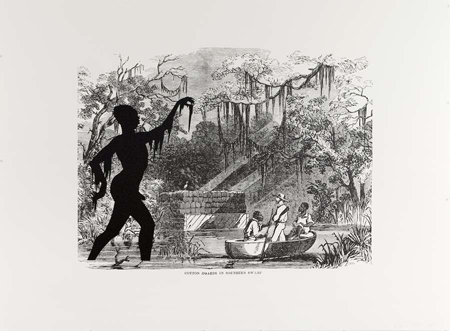
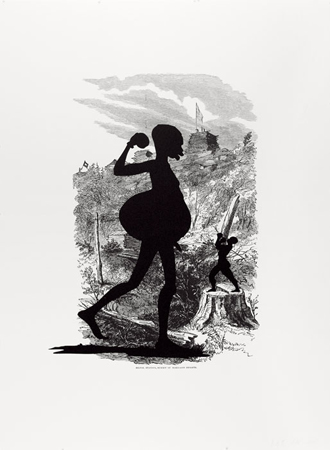
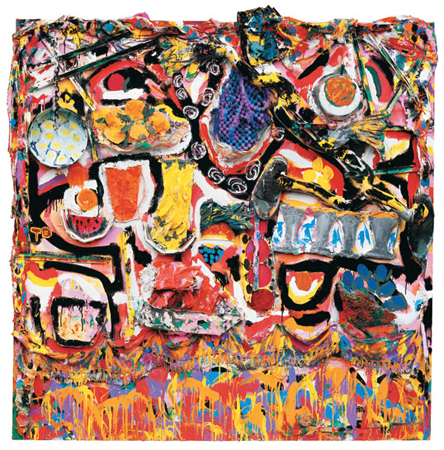
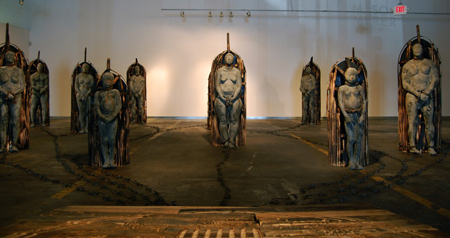

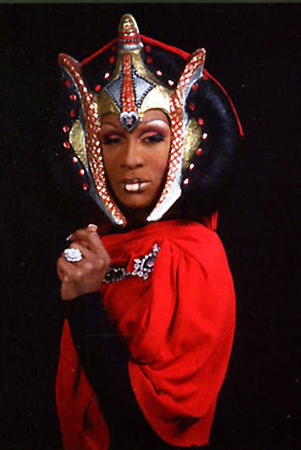
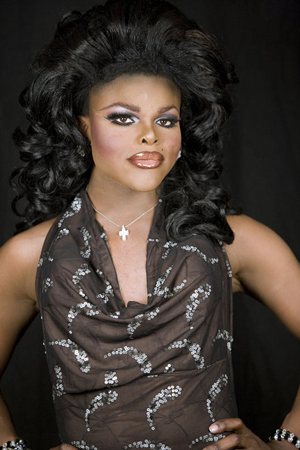
Nice article, and thank you for the link to Mix Tapes & Scribbles! Glad to have stumbled upon your site.
Jaclyn, thanks.
Do you mean that Southerners tend to avoid topics of race, sex and religion in the art world? or it is a specific kind of discussion you mean? It strikes me that these are about the only topics writers in the South ever talk about! I love this exhibit – the pieces you chose to share are so intriguing – I’ve seen Kara Walker’s work before but really love the addition of the engravings as backgrounds.
According to the curator, who lived in Mississippi as a young man, these were topics that weren’t brought up in polite conversation – by Southerners.
But I know what you mean. Almost every popular book here seems to reference the Civil War or race. Gender doesn’t seem to hit as much of a nerve, although it ought to.
I saw Walker’s work in Chicago back before she became famous. I was glued to the gallery window for an hour, even though it was closed.